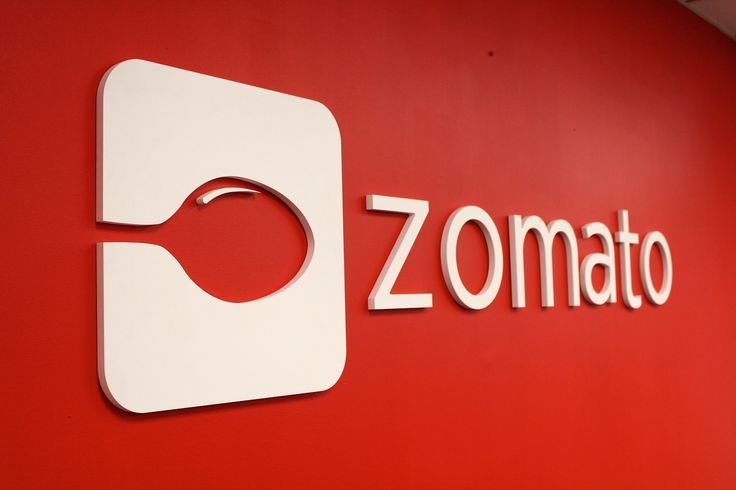Zomato, like all major companies, conducts regular surveys to get a sense of the pulse of its workforce – to see if employees are content, and discover what their grievances are. On this survey was an innocuous question – On a scale of 1 to 10, how likely are you to refer a friend at Zomato?
The average score the company received was 3.5.
You’d expect that would send management scurrying back to the drawing board, wondering why their own employees wouldn’t want their friends to work with the company. But Zomato dug deeper, and discovered that it was because Zomans (that’s what Zomato’s employees are called) thought their friends couldn’t take the stress.

“Not all of my friends are Zomato material, and I wouldn’t want to see all of them here. Zomato is a great place to work at, but you need to have a specific mindset to have a great time here, and that’s why I wouldn’t bring my friends to work with us.”, explained one Zomato employee. “I won’t give a 9 or 10 because I know most of my friends don’t have what it takes and don’t want to dedicate themselves so much to a job. It is their choice, not mine.”
Zomato has a famously demanding work culture, requiring employees to work well beyond the 9-5 routine. There are instances when large timers are installed in office, and employees are designated to complete a set number of tasks before they hit the ominous zero. CEO Deepinder Goyal, who maintains insane work hours himself, often stands by to supervise. Employees are also required to stand in for duty at odd hours, including putting in time during New Year parties.
But Zomato appears unapologetic about its employees claiming that it is difficult to maintain a healthy work-life balance at the company. Instead of burying this survey in some internal memo, the company chose to announce the results in a public post. The post was shared on Zomato’s blog, its public-facing Twitter account and retweeted by the CEO himself.
Most companies would be very wary of letting the general public (and potential employees) learn how current employees describe the work environment as “ hard work, incredible hours..”, but Zomato is clearly no conventional company. By being upfront about its policies and work schedules, Zomato is breeding a culture of openness and honesty about what it takes to succeed at a startup. “We don’t want employees, we want partners“, wrote CEO Goyal in Quora post, and this recent revelation only serves to reinforce the idea. Zomato’s building a buzz around its workplace, giving it an aspirational, bigger-than-real-life feel. Zomato’s throwing an open challenge to potential recruits, challenging them and asking them if they’re driven enough to work at Zomato. While doing this, it’s also weeding out candidates who will be unable to keep up with the demands that Zomato will make of them.
Time will tell if this works, but Zomato’s turned the whole “we offer a healthy work balance” argument espoused by most companies on its head.
